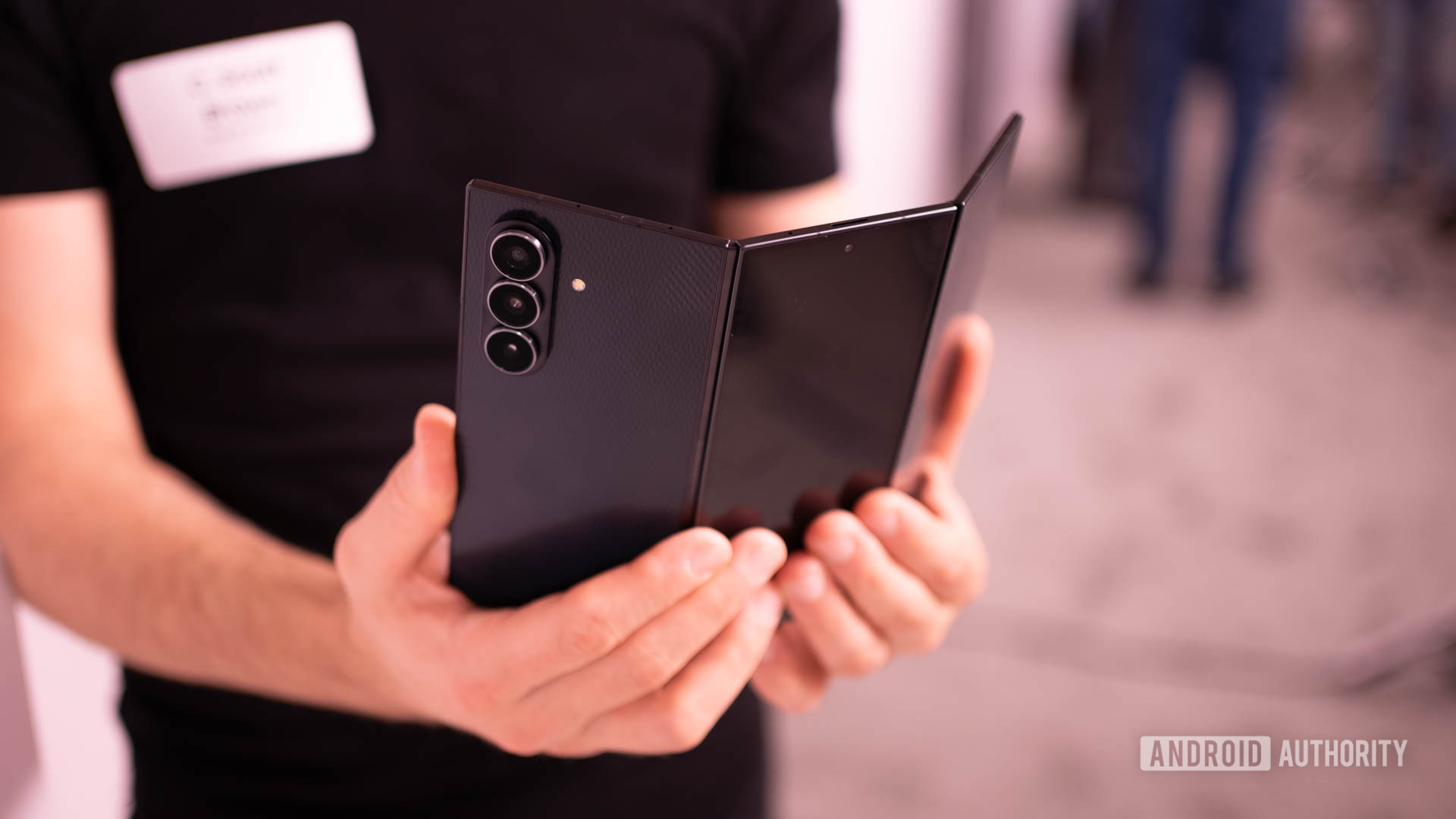Don’t miss out on our latest stories. Add PCMag as a preferred source on Google.
Ransomware infections usually come from malicious hackers. But in a rarity, a string of attacks were sourced to a pair of cybersecurity employees out to extort millions from victims.
Kevin Tyler Martin, a ransomware threat negotiator at cybersecurity provider DigitalMint, and Ryan Clifford Goldberg from Sygnia Cybersecurity Services, are allegedly behind the scheme, according to the Chicago Sun-Times.
A 12-page court document shows a federal grand jury indicted Goldberg and Martin last month for conspiring to spread the ALPHV ransomware to five unnamed companies, including a drone manufacturer, an engineering company in California, and three other healthcare firms.
Federal investigators allege that the two started their scheme around May 2023 by spreading a ransomware infection to a victim company. The pair initially demanded $10 million to decrypt the infected computers, which led to the company paying a smaller, but still sizable $1.2 million.
The scheme continued until April 2025, with the help of an unnamed co-conspirator. According to an FBI affidavit, the group acquired an “affiliate” account for the ALPHV/Blackcat gang, which sold access to its ransomware program to other hackers in exchange for a cut of the profits.
The same affidavit says Goldberg confessed to the FBI about the scheme in June after initially denying his involvement. “Goldberg told the agents that he conducted the attacks to get out of debt and that he was ‘going to federal prison for the rest of [his] life,’” the document says.
Recommended by Our Editors
The affidavit also indicates that only one of the ransomware attack was successfully pulled off “Additionally, Ryan Goldberg stated that he was contacted by Co-Conspirator 2 after the FBI conducted a search of the residence of Co-Conspirator 1 on or about April 3, 2025. According to Goldberg, Co-Conspirator 2 was ‘freaking out about the FBI raiding [Co-Conspirator 1],'” the document further notes.
However, the second suspect, Martin, pleaded not guilty. Meanwhile, DigitalMint and Sygnia indicate both employees went rogue and were subsequently fired. “The charged conduct took place outside of DigitalMint’s infrastructure and systems,” the company told PCMag. “The co-conspirators did not access or compromise client data as part of the charged conduct.”
Sygnia added: “Immediately upon learning of the situation, [Goldberg] was terminated. While Sygnia is not a target of this investigation, we are continuing to work closely with the Federal Bureau of Investigation. We cannot provide further comment on the ongoing federal investigation.”

Get Our Best Stories!
Stay Safe With the Latest Security News and Updates

By clicking Sign Me Up, you confirm you are 16+ and agree to our Terms of Use and Privacy Policy.
Thanks for signing up!
Your subscription has been confirmed. Keep an eye on your inbox!
About Our Expert

Michael Kan
Senior Reporter
Experience
I’ve been a journalist for over 15 years. I got my start as a schools and cities reporter in Kansas City and joined PCMag in 2017, where I cover satellite internet services, cybersecurity, PC hardware, and more. I’m currently based in San Francisco, but previously spent over five years in China, covering the country’s technology sector.
Since 2020, I’ve covered the launch and explosive growth of SpaceX’s Starlink satellite internet service, writing 600+ stories on availability and feature launches, but also the regulatory battles over the expansion of satellite constellations, fights with rival providers like AST SpaceMobile and Amazon, and the effort to expand into satellite-based mobile service. I’ve combed through FCC filings for the latest news and driven to remote corners of California to test Starlink’s cellular service.
I also cover cyber threats, from ransomware gangs to the emergence of AI-based malware. Earlier this year, the FTC forced Avast to pay consumers $16.5 million for secretly harvesting and selling their personal information to third-party clients, as revealed in my joint investigation with Motherboard.
I also cover the PC graphics card market. Pandemic-era shortages led me to camp out in front of a Best Buy to get an RTX 3000. I’m now following how President Trump’s tariffs will affect the industry. I’m always eager to learn more, so please jump in the comments with feedback and send me tips.
Read Full Bio










